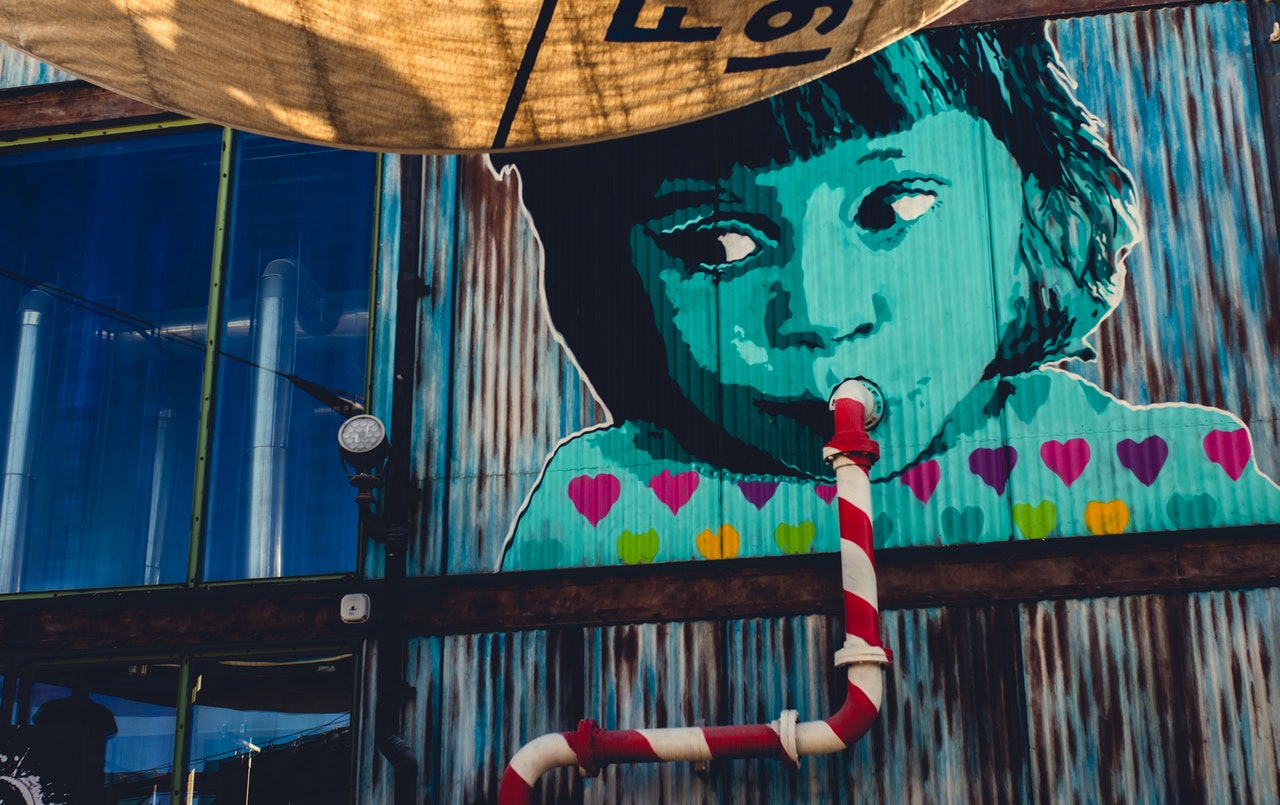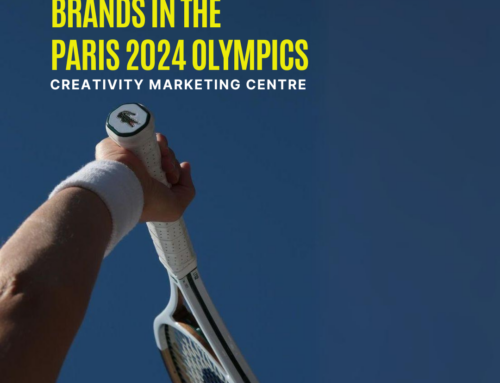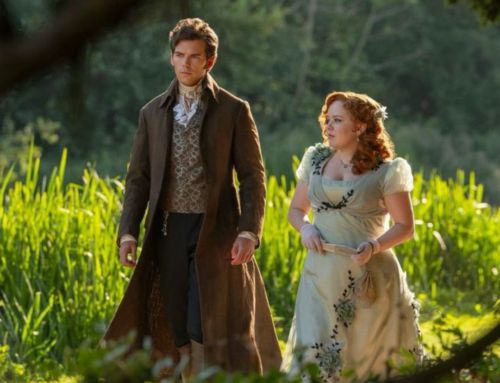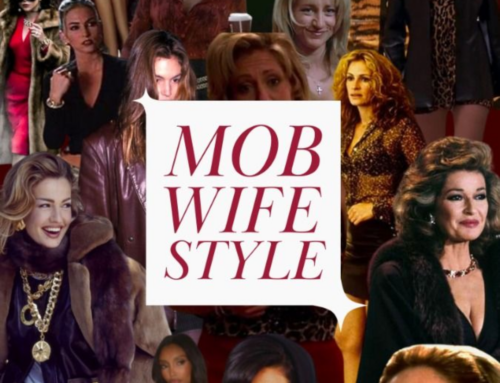The creativity challenge

By Dr Vlad Glavenau
We live in an age of contradictory messages regarding creativity. On the one hand, (Western) society as a whole is promoting, through education and media, a view that everyone is creative, or at least has the potential to act creatively. On the other hand, (high) creativity is considered to require effort, talent, special mental abilities, a kind of ‘gift’ some are generously endowed with while others can only struggle to ‘receive’ (or give?). Despite being exposed to such contradictory messages, one thing is clear for all – employers, educators, parents, your friends and colleagues perhaps – and that is: being creative is one of the highest, most valuable qualities to have in today’s world. You need only to open the TV or read a newspaper (focus on job ads) to realise this.
If creativity is indeed a ‘blessing’ for both individuals and society can be the topic of another discussion. Sufficient to say that some definitions of creativity that emphasise its revolutionary forms, based on breaking with ‘what is there’ (and ‘whoever’ is there), can only put pressure equally on the person who is invited to disobey almost indiscriminately, and society, expected to resist disobedience and be driven by conformism alone.
The question remains of how we are to navigate different, often opposing, discourses about creativity. If we take to heart the assumption that everyone (and thus, you, dear reader) is creative, then how is it that we (you) are not celebrated more often for this creativity? Why are our everyday life actions and products not recognised as creative? Why don’t other people hurry to place children’s drawings in museums or include our delicious new pizza recipe into an upcoming cookbook? The conclusion is plain to see: we are all creative, but some are more ‘gifted’ or talented than others and since these truly special individuals are quite rare, the vast majority of us should just accept our fate and cultivate our other abilities.
Here we enter the realm of another creativity discourse – creativity as a gift, as a personal quality you are either born with or have to work hard to obtain (if at all possible). This vision can be contested on several grounds. First of all, creativity is not an inborn property, nor does it come about after any kind of ‘work’; to develop one’s creative potential means to accumulate knowledge in a flexible manner and engage in guided, reflective forms of practice. This leads to a second critique: there is no universal type of creativity that can be equally applied to all areas of activity; on the contrary, creativity is largely domain-specific and this means at best that people come to acquire not one but more ‘gifts’ throughout their life. Finally, these gifts are not personal but inter-personal. It is not a property of the individual or object that makes him/her/it creative – creativity means generating novelty in relation to other people who are part and parcel of the creation process and the evaluation of its outcome(s).
So what to make of today’s competing ideologies of creativity? Who is creative and how? Is creativity widely or scarcely distributed? Most of all: am I creative? To reflect on creativity (personal and social) faces us with the challenge of deciding on what position to adopt in this fundamental debate. And this position is not to be taken lightly as it is sure to affect how we define, measure, appreciate, and deal with creative people, including our own creativity. The other option is to simply ignore the questions above altogether and, like most people, rely on different creativity discourses in a contextual manner, depending on who is to be considered, when and why. Interestingly, sidestepping the ‘conceptual’ creativity challenge does not however excuse us from being confronted with it every day, at a ‘practical’ level, whether we think of ourselves as creative or not.
Useful links:





